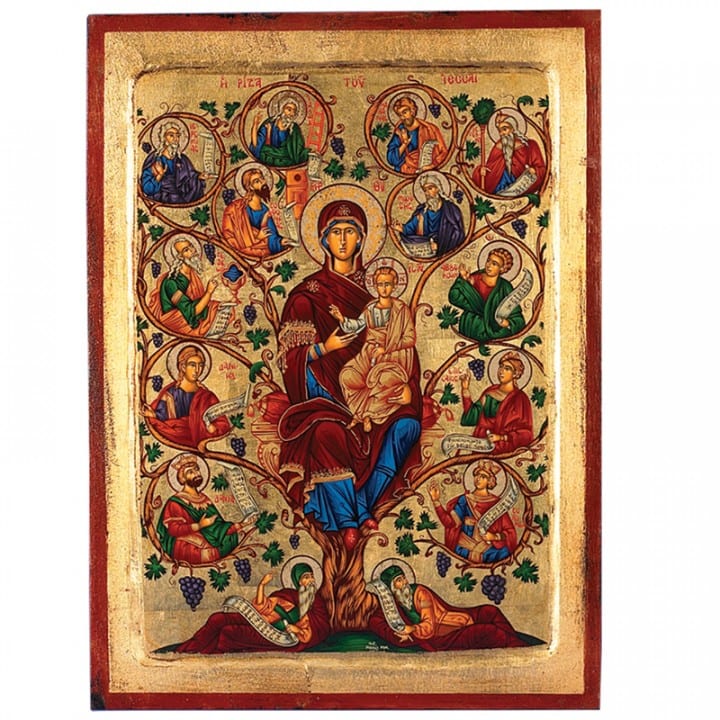
“Are all instances of blackface alike?” asks Professor John McWhorter, a popular African-American author and academic, in The Atlantic. McWhorter is discussing recent political controversies in Virginia over revelations Attorney General Mark Herring and Governor Ralph Northam had engaged in separate incidents of blackface as college students. McWhorter calls for people to distinguish between the two incidents.
The crux of McWhorter’s argument is as follows:
Perhaps there is a difference between blacking up to mock black people, as whom we might term as the person pictured on Northam’s yearbook page seems to have done, and blacking up in affectionate imitation of a black person, as part of seeking to resemble said person, as Herring did.
I also shared similar concerns in a recent online discussion with friends who had commented on Facebook. Keeping in mind these incidents took place several years ago, I agree with McWhorter’s distinction between dressing up in blackface to mock African-Americans, and darkening one’s skin in affectionate emulation of one’s favourite African-American celebrity. The former diminishes the historical prejudice and violence African-Americans suffered. Whereas the latter celebrates their accomplishments and influence over popular culture.
With regards to the latter, McWhorter discusses his own experience as an African-American college student “browning up” (his expression) a caucasian friend’s face so that the two could attend the dorm’s Halloween party as George and Louise Jefferson. He also recounts a similar instance where two female friends–one black, and one white–decided to “switch races” for the night. The black friend donned “white face” for the night while the white friend donned “black face”.
Would either be acceptable today? Probably not.
However, having attended several post-secondary schools with large international student bodies, incidents like those described by McWhorter were not uncommon 20 and 30 years ago. When one found oneself in a multi-ethnic and multi-cultural setting day in and day out, one became close friends with those outside one’s racial and cultural background. And eventually this lead to cross-racial and cross-cultural cosplay as happened with McWhorter and Herring.
The incident I best recall happened one snowy November evening. I had spent the day shopping with our African classmates, teaching them how to dress for Canada’s harsh winters. As an affectionate thank-you, they invited me to a traditional African supper and asked if they could dress me up (sans blackface, mind you) in traditional African garb. Here we’re talking mid-90’s, so before the ubiquitous digital camera. However, I am sure there are at least a few polaroids of me in traditional African tribal garb tucked in photo albums somewhere in Kenya, Nigeria, Ethiopia, Uganda, and Tanzania.
At the time, neither my dark-skinned African classmates nor this pasty faced Canadian in his early 20’s were thinking of America’s troubled past with racism and minstrel shows. Nor the possibility our actions could prove controversial several decades into the future. We were simply college friends in our first year of graduate studies, hanging out, having fun, and sharing our respective cultures.
Their dressing me up as a traditional African tribal member was their fun way of thanking me for having spent the day dressing them as winter-bound Canadians. It was all conducted respectfully and in a genuine spirit of friendship. And it led each of us to better understand and a better appreciate each other’s cultures.
Which is why I feel McWhorter raises an important question in wanting to distinguish between Herring and Northam’s use of blackface. Whereas we must never return to the former, McWhorter notes the danger of condemning the latter: “The likely outcome will be a tacit societal rule that black Americans are the only people in the country who are never to be imitated, even in praise, except by other black people. And what purpose would that glum, peculiar stricture serve?”












